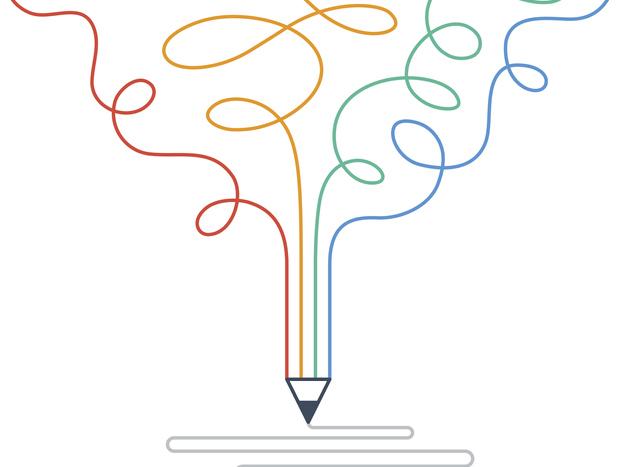Academic writing is a-changin’. Or so some say. The evidence for this claim is the plethora of new genres of writing that academics now do.
It’s not just peer-reviewed papers and scholarly monographs, edited collections and encyclopedia entries any more. We now routinely see poetry, plays, short stories, novels, novellas, comics, posters, films, TV programmes, posters. And then there are art installations, exhibitions and performances. We also have op-ed pieces, blog posts, zines, podcasts, websites, essays, long magazine articles, columns and articles for particular publics in their publications. Oh, and of course press releases, policy briefings, YouTube clips and texts for the various socials.
- The transformative potential of narrative writing explained
- A guide to writing grant proposals
- THE podcast: pointers on writing and publishing for academics
I love this variety. And I play in some of these places myself. But there is a downside to all this textual innovation.
You see, most of us are expected to be over a fair few of these new forms. It’s pretty exhausting if you’re a new scholar to get on top of all these textual possibilities. But it’s also exciting to think that you might turn your hand to something other than the bog-standard paper.
So, how to reconcile the challenge and the drain?
The problem is that the bog-standard paper is still expected in most (but not all) disciplines, and particularly in places where there are audits of “outputs” as well as institutional emphases on citations as measures of both individual academic “productivity” and faculty or school status and institutional reputation. Most academics in most disciplines, in most faculties and in most locations still have to turn out some of your basic default academic publications. And then they get to play afterwards.
It’s doubly or triply tricky if you’re precarious. Selection panels will be impressed by blogging and podcasting, but most still also want the standard fare – the REF-able (as it’s called here in the UK, after the national university audit programme, the Research Excellence Framework). Emerging academics are expected to show they can and already have publications that can be submitted for this ranking ritual.
But all of us also have to do enough of the new stuff to contribute to the institutional profile as well as establish ourselves as good institutional players. (Yes, read this as the push to become an exemplary new neoliberal academic hell-bent on furthering career and reputation by churning out texts and grant applications.) We do the orthodox and the new, the trad and the boundary pushing.
There really is little choice but to take on some of these alternative forms. It does count for getting jobs. And it counts in getting promoted. And the alt might well turn out to be the most pleasurable part of the work. So, we can – should? – certainly engage with it.
However, we ought not, IMHO, think that the academic publishing ground is going to shift away from the bog-standard text any time very soon. As long as the emphasis on producing auditable texts continues, and there are league tables of institutions and individual academics ranked by h-index, then the default peer-reviewed journal and scholarly monograph will prevail. Even if big publishers were to take a hit because of open access, other larger policy changes would need to happen to make all our more obviously creative work count more.
That’s not a reason for not experimenting, for not developing skills in alt forms of writing, for not engaging in the socials, for not writing for popular outlets. It is simply to say that we ought not to make too big a claim for the imminent transformation of the academic reading, writing and publishing economy.
And most of us will need to continue to hone our writing in the default genres.
This is an edited version of a blog post, “On alt writing”, that was published on Patter on 19 December 2022.
Patricia Thomson is professor of education in the Faculty of Social Sciences at the University of Nottingham. Her blog, Patter, covers research education, academic writing, public engagement, funding and “other eccentricities”.
If you found this interesting and want advice and insight from academics and university staff delivered direct to your inbox each week, sign up for the THE Campus newsletter.




comment2
(No subject)
(No subject)